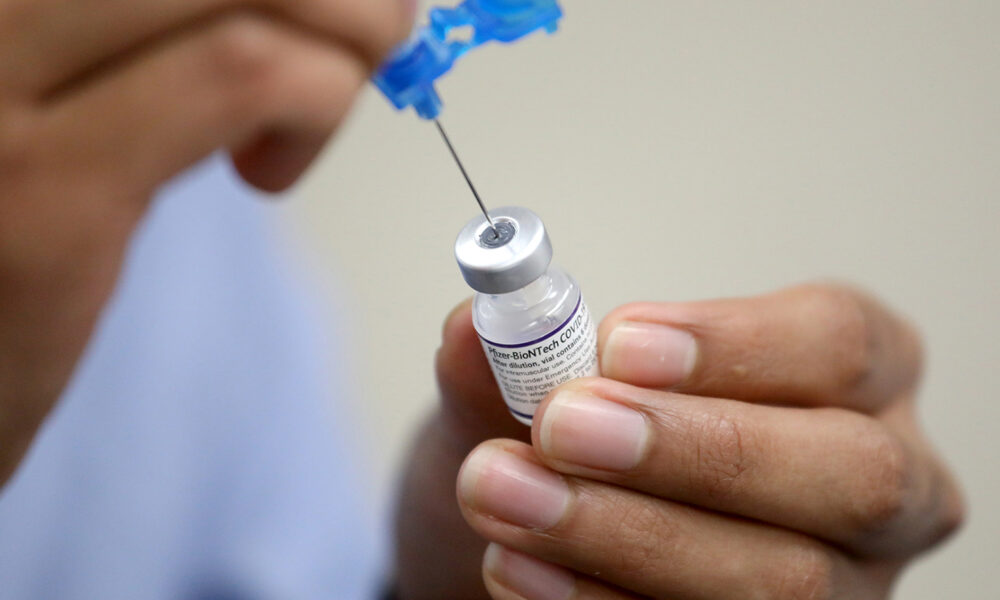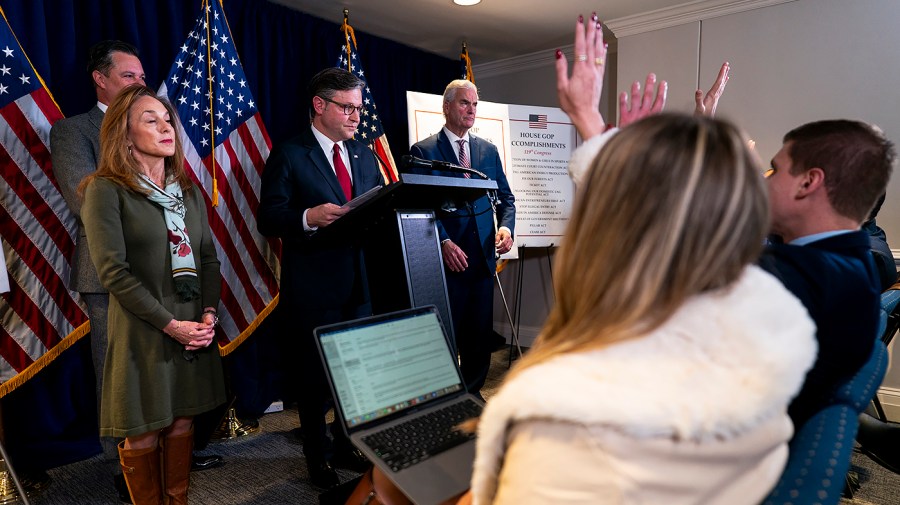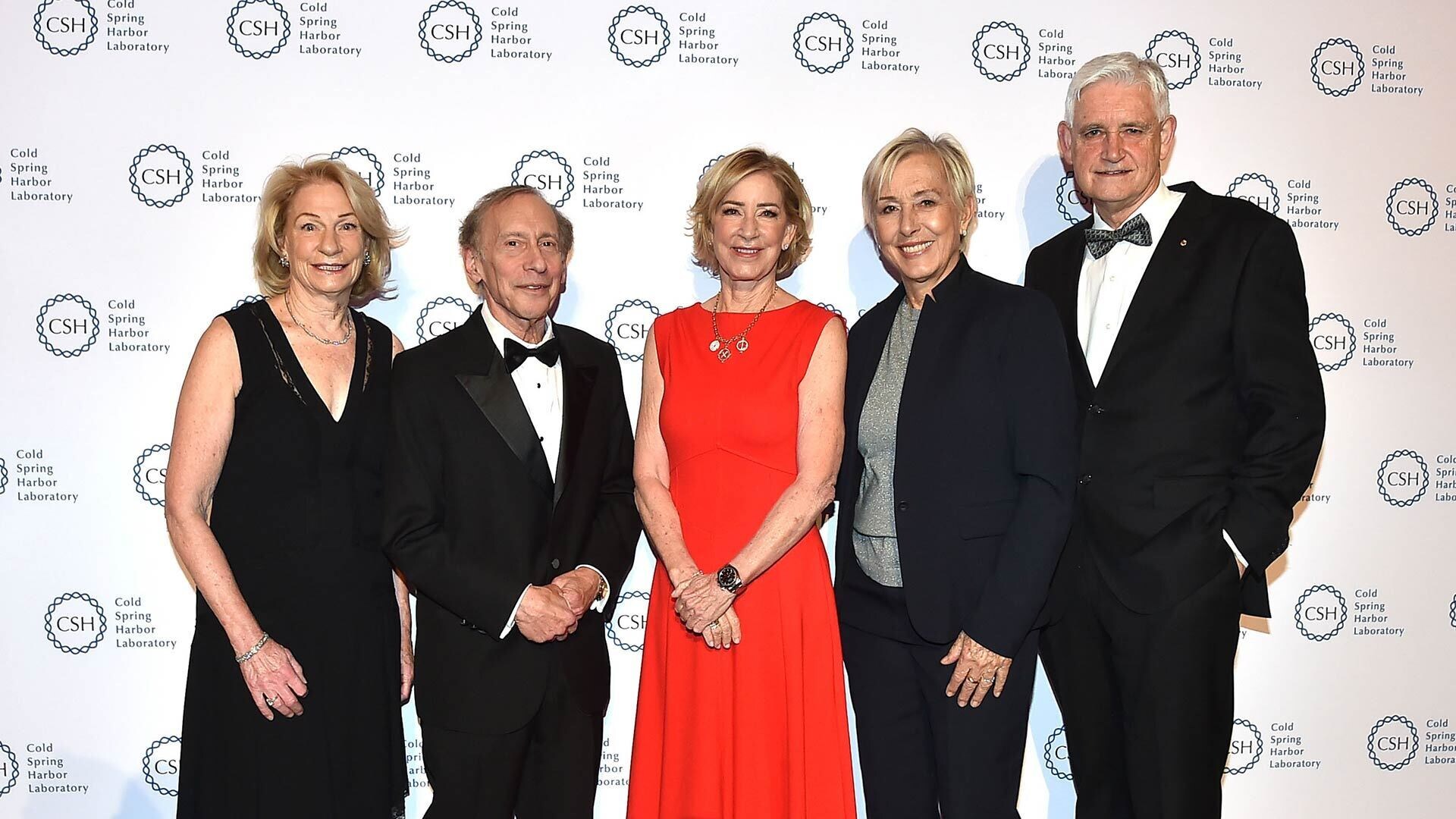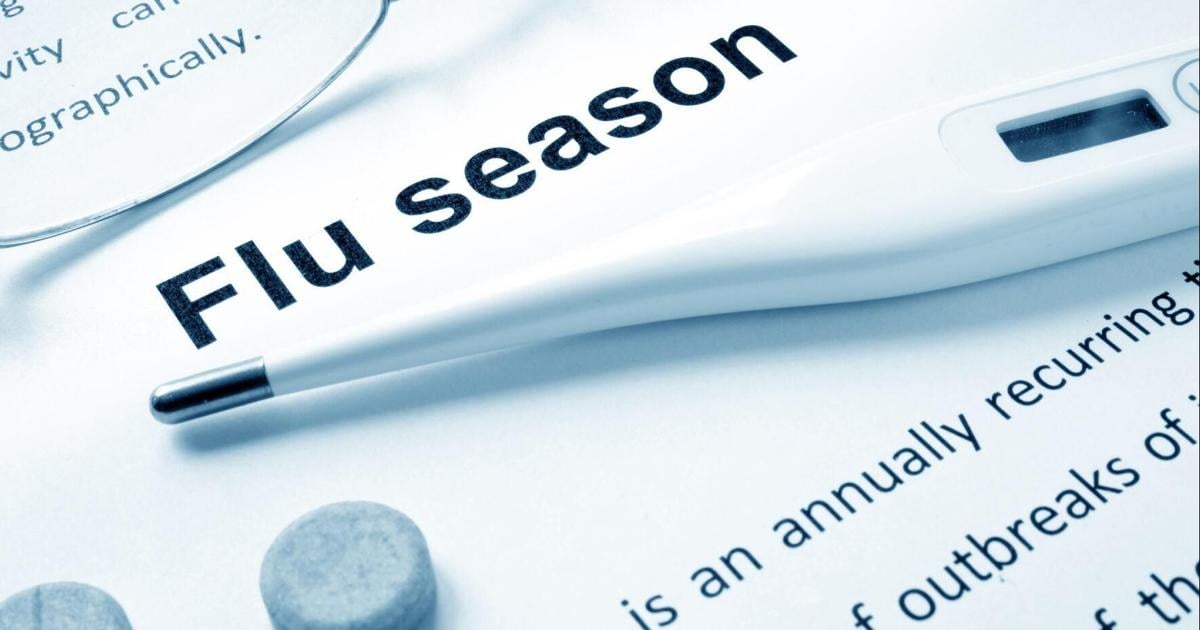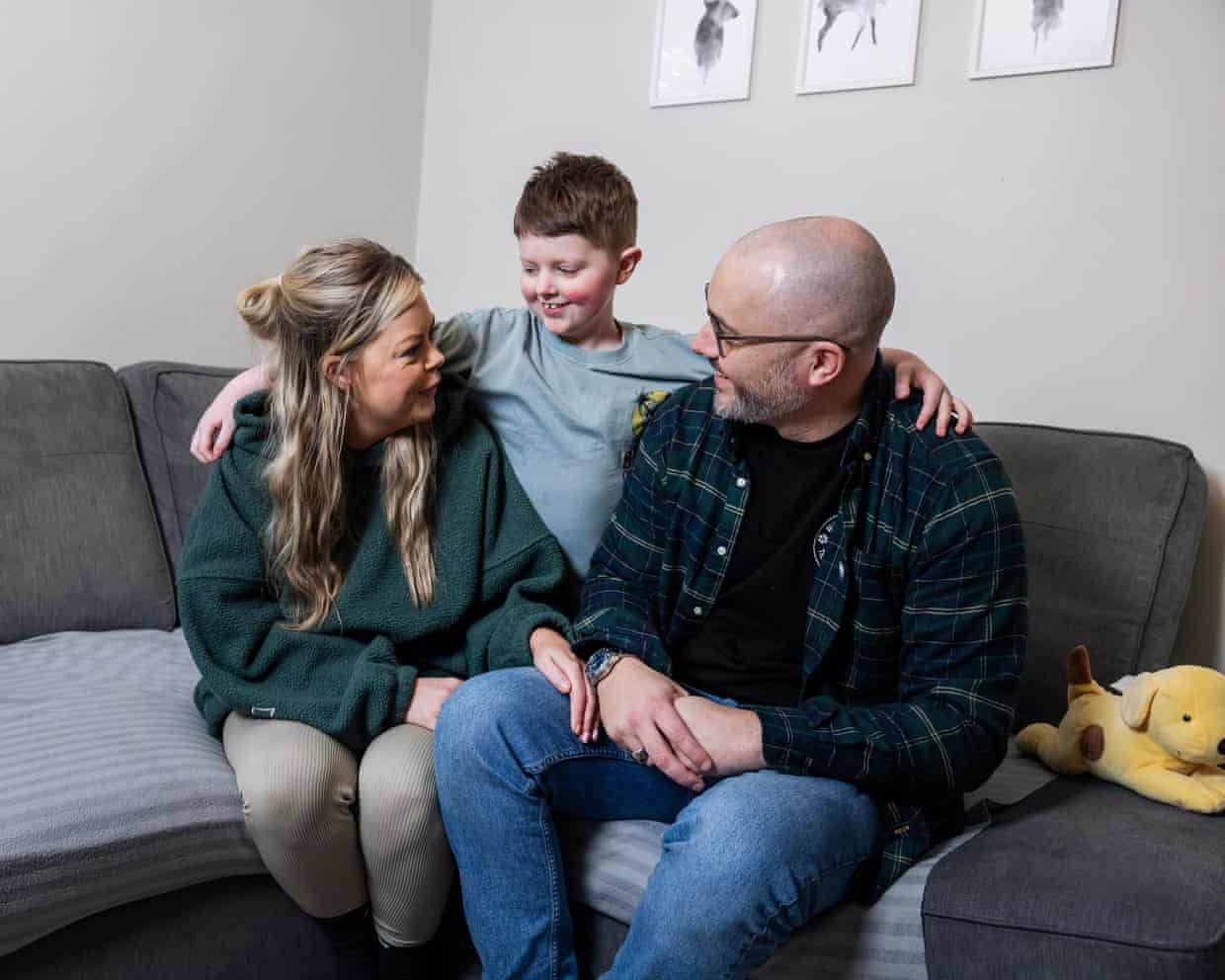More than 420 bills challenging established public health protections have been introduced in state legislatures across the United States this year. This legislative wave targets issues such as vaccination, fluoridation of water, and milk safety, reflecting an organized effort to promote a conspiracy theory-driven agenda into law. An investigation by the Associated Press revealed that these bills have emerged in most states, driven by individuals closely associated with Robert F. Kennedy Jr., the current Secretary of Health and Human Services.
The proposed legislation aims to dismantle over a century of health protections that are crucial to American society. To date, approximately 30 bills have been enacted or adopted across 12 states, according to the AP report. The initiative is reportedly directed by former officials from the Trump administration, who are mobilizing activists to pursue anti-science legislation at the state level, where public health authority is primarily located.
The campaign has gained traction amidst declining vaccination rates, which have contributed to the resurgence of infectious diseases such as measles and whooping cough. Kennedy’s agenda, labeled as “Make America Healthy Again,” presents itself as a movement towards food safety and reduced chemical usage, but critics argue it promotes anti-science rhetoric instead.
The implications of these legislative efforts are grave. “The march of conspiracy thinking from the margins to the mainstream now guiding public policy should be a wake-up call for all Americans,” stated Devin Burghart, president of the Institute for Research and Education on Human Rights. He warned that the consequences of this trend could lead to preventable deaths.
The tragic case of Liam Dahlberg, an 8-year-old boy from Lowell, Indiana, underscores the human toll of these policies. Liam died in April from a disease preventable by vaccines. His parents, Erik and Ashlee Dahlberg, expressed their heartbreak, stating that their son’s death was a result of low vaccination rates in their community, where one in five kindergartners do not meet vaccination requirements. Ashlee recalled, “There’s no pain that is worse than the pain of losing a child.”
The Dahlbergs are not alone in their fight against a growing anti-science movement that promotes “health freedom” while dismissing established health measures. Research indicates that global vaccination efforts have saved over 150 million lives since 1974, and the introduction of community water fluoridation in 1945 has led to a significant decline in cavities. Furthermore, milk pasteurization has greatly reduced foodborne illnesses.
Despite the overwhelming evidence supporting these public health measures, activists continue to propagate conspiracy theories. Many of these claims, some dating back decades, allege that vaccines cause harm, fluoride poisons the population, and pasteurization diminishes milk’s nutritional value.
The AP’s analysis identified over 1,000 bills related to public health across all 50 states, with approximately 350 anti-vaccine bills being the most prevalent. These proposals often aim to restrict vaccination mandates, create criminal offenses for vaccine-related harm, and impose additional requirements on blood banks regarding vaccination evidence. Some legislatures even seek to label mRNA vaccines—critical to combating the COVID-19 pandemic—as “weapons of mass destruction.”
While many of these bills have not passed, at least 26 anti-vaccine laws have been successfully adopted in 11 states this year. These efforts have been bolstered by national groups linked to Kennedy, including MAHA Action and the National Vaccine Information Center, which oppose science-based legislation aimed at enhancing public health.
The relationships among these groups and their connection to Kennedy are complex. For instance, MAHA Action has been led by individuals with longstanding ties to Kennedy, including his former book publisher and former campaign staff. Although these organizations do not always coordinate their efforts, they have collaborated on initiatives opposing vaccine mandates and promoting exemptions.
As public health advocates highlight the importance of science-based policies, many anti-vaccine proponents frame their arguments in terms of personal freedom and parental rights. However, critics argue that when personal decisions threaten public health, they compromise the social contract necessary for community well-being. Massachusetts Democratic Representative Andy Vargas emphasized this point, stating, “People who want to participate in public life have responsibilities to others.”
In light of these developments, the Dahlberg family is actively working to protect their remaining children from vaccine-preventable diseases. They have taken steps such as arranging for their daughter, Ava, to ensure that all students in her class are vaccinated. Ashlee Dahlberg is also advocating for the elimination of religious exemptions to vaccine mandates.
The unfolding situation reflects a significant shift in public health discourse, where anti-science sentiments are gaining ground in legislative arenas. As lawmakers and advocates continue to navigate these challenges, the consequences of these legislative trends may have lasting impacts on community health and safety across the nation.

